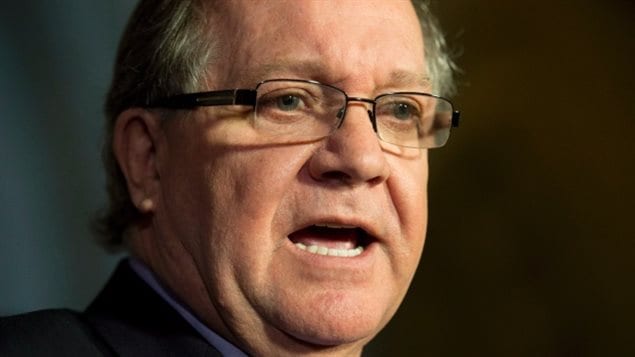A new law passed last year requires Canada’s aboriginal communities to post their financial statements online. This includes the salaries that the Chiefs and the band councillors pay themselves.
The law called the “First Nations Financial Transparency Act” requires First Nations leaders to post the previous year’s financial information online within 120 days after the first quarter.
As of the deadline Monday, only 20 of the more than 600 First Nations communities had their financial information posted on the government website.
First Nations already have an obligation to provide financial statements to the government as part of their funding agreement, but this is the first time that information will be available to the public, including the members of their own communities, many of whom have expressed difficulty finding out how much their leaders are paying themselves.
According to a report in the National Post newspaper in 2012, the federal government transfers about $8 billion per year to the 630 First Nations communities across Canada, many of which have fewer than 500 members.
The Aboriginal Affairs and Northern Development website says the average salary for an elected Chief in 2008-2009 was about $60,000, with about five percent earning more than $111,000. Band councillors average salary was $31,000 with two percent earning more than $111,000.
As per their treaty rights, Chiefs and councillors don’t pay tax on their on-reserve incomes. The highest Chief salary in 2008-2009 was a tax-free $247,100. This translates to a taxable equivalent of roughly $425,000, The taxable income for Canada’s Prime Minister, Stephen Harper that same year was $310,800
Many First Nations Chiefs are against the new law, and the Association of First Nations, (AFN) does not support it.
The government has said all along it was First Nations members who approached Ottawa asking for greater transparency “as a result of difficulty obtaining financial information from their elected local officials.”
The government says there may be a delay between the time the First Nations submit their information and the time it is posted on the government website, but that the Department of Aboriginal Affairs would post them “without delay” once received.







For reasons beyond our control, and for an undetermined period of time, our comment section is now closed. However, our social networks remain open to your contributions.